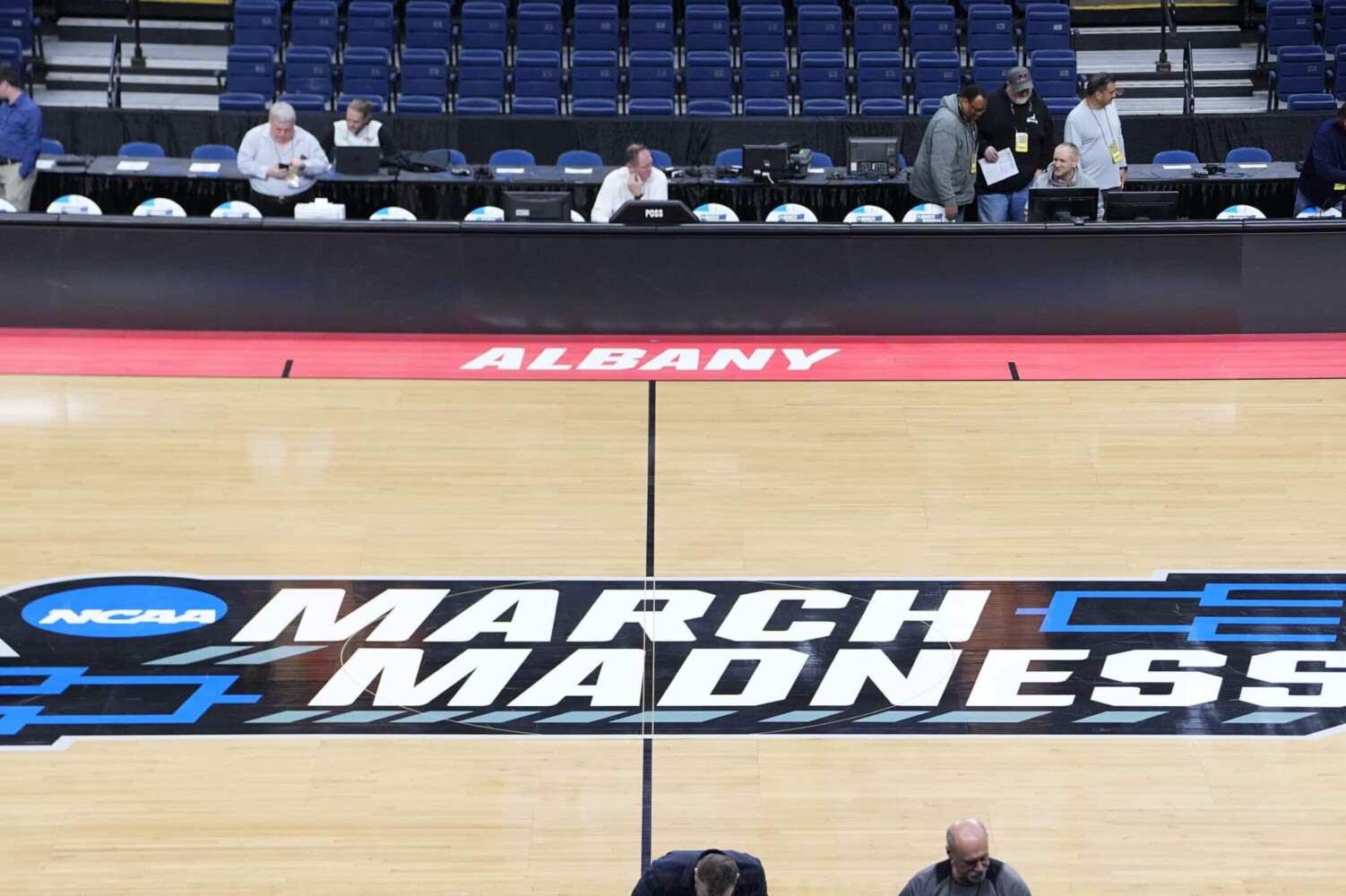On Friday, the NCAA agreed to extend the prohibition of transfer restrictions through the end of the entire 2023-24 spring sports season. The decision is an agreement between the governing body and lawyers in Ohio et al v. NCAA. A trial will take place afterward.
The original order, signed on Wednesday, blocked the NCAA from enforcing its multi-year transfer restriction for 14 days. The NCAA was also prohibited from enforcing a Rule of Restitution during this time, which would allow it to vacate wins or records from athletes who played during the 14 days if the ruling was ultimately reversed.
“This is a huge win for the athletes, for the fans, and for the rule of law,” Ohio attorney general David Yost said.
The case, largely based on West Virginia basketball player RaeQuan Battle, argued that NCAA transfer restrictions violated federal antitrust laws. While the NCAA allows athletes to transfer once without penalty, it makes them sit out for a year if they transfer a second or third time — unless they are granted a waiver.
Lawyers were scheduled to convene for a second hearing on Dec. 27 over whether to extend the court’s prohibition. Instead, lawyers on both sides agreed to extend the prohibition throughout this entire year.
This means that any athlete who has transferred more than once, and hadn’t been granted a waiver by the NCAA, is now eligible to play. Even if the NCAA loses the case, it will not be allowed to punish athletes for playing during this time because of the suspension of the Rule of Restitution.
Previously, the NCAA had claimed there was one way to punish athletes: by making them burn a year of eligibility if they played during the 14-day period had the ruling been reversed on Dec. 27. (The NCAA indicated to FOS on Wednesday that it would not make athletes burn a year of eligibility but ultimately changed its tune.)
But now that the restriction on the NCAA’s transfer rule goes until the end of the season, that threat is now irrelevant.
“This action provides clarity for student-athletes and member schools for the remainder of the academic year – any multiple-time transfer student-athlete who competes this season will be subject to the same eligibility and use of a season of competition rules as all other student-athletes,” the NCAA said in a statement.






![[Subscription Customers Only] Jun 15, 2025; Seattle, Washington, USA; Botafogo owner John Textor inside the stadium before the match during a group stage match of the 2025 FIFA Club World Cup at Lumen Field.](https://frontofficesports.com/wp-content/uploads/2026/02/USATSI_26465842_168416386_lowres-scaled.jpg?quality=100&w=1024)
![[Subscription Customers Only] Jul 13, 2025; East Rutherford, New Jersey, USA; Chelsea FC midfielder Cole Palmer (10) celebrates winning the final of the 2025 FIFA Club World Cup at MetLife Stadium](https://frontofficesports.com/wp-content/uploads/2026/02/USATSI_26636703-scaled-e1770932227605.jpg?quality=100&w=1024)









